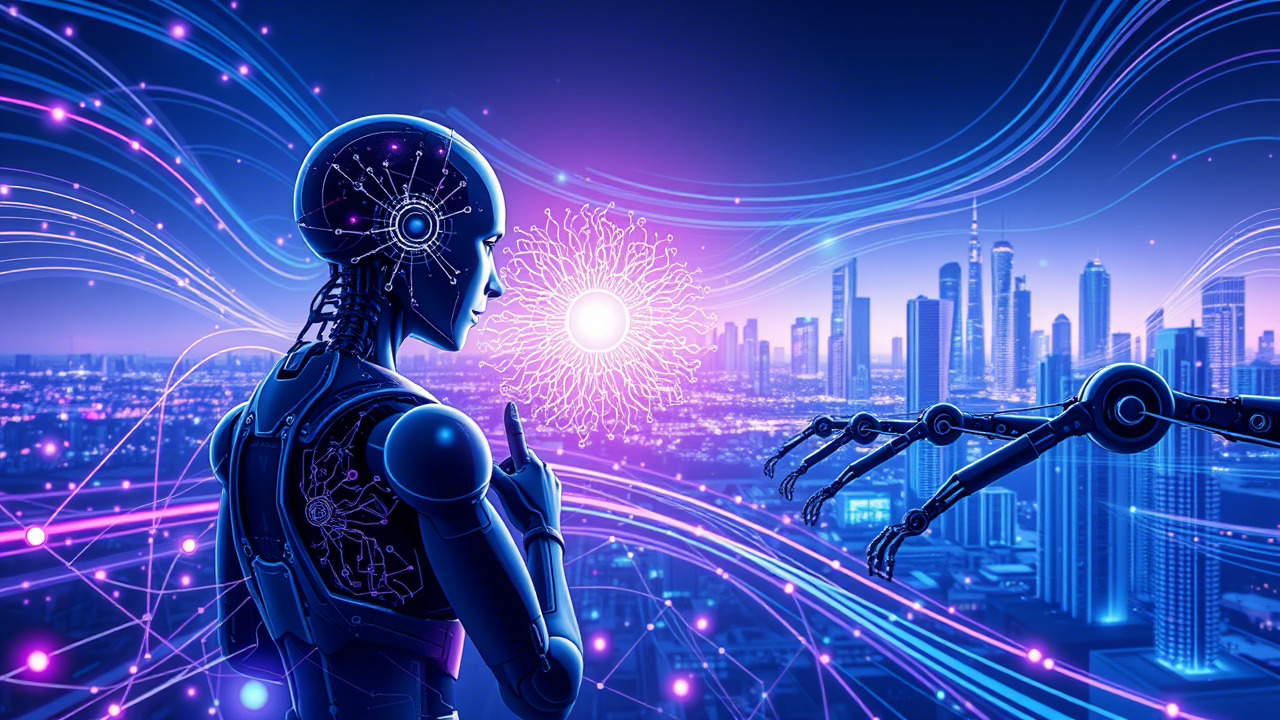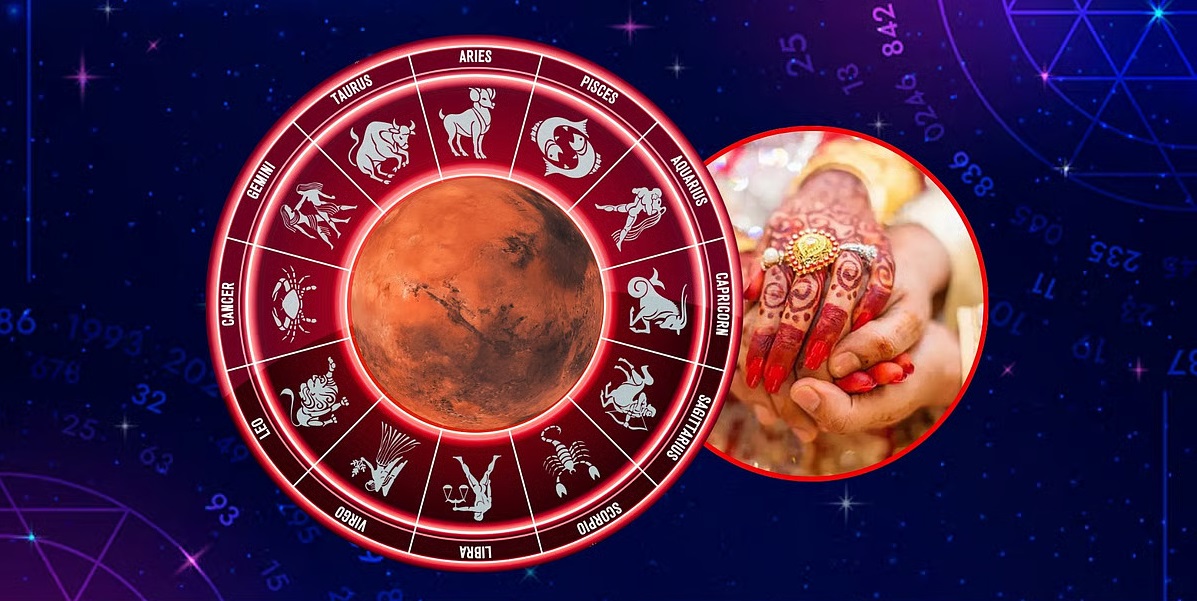The future is here—and it's writing code with you.
In 2025, artificial intelligence (AI) is no longer just a buzzword in the tech community; it's a fully integrated part of the developer’s daily workflow. From auto-generating code to catching bugs before you even hit "Run," AI has become a silent co-pilot, transforming how software is built.
This article explores the real-world ways AI is reshaping software development—from coding and testing to documentation and deployment.
🧠 1. AI Code Assistants: Writing Smarter, Faster
Gone are the days of spending hours writing boilerplate or Googling syntax. Tools like GitHub Copilot, CodeWhisperer, Replit Ghostwriter, and Cursor AI are now writing entire code blocks based on natural language prompts.
What They Do:
Auto-suggest code in real-time as you type
Complete functions based on comments or intent
Translate pseudocode into working logic
Identify and fix simple bugs before execution
In 2025, many developers spend 30–40% less time on initial code writing, thanks to AI-driven autocomplete and pattern recognition.
🧪 2. AI-Powered Testing: From Manual to Predictive
Testing used to be tedious. Today, AI tools can automatically generate test cases, predict edge-case failures, and analyse logs to pinpoint issues.
Key Tools:
Testim.io – Self-maintaining end-to-end tests
Diffblue – Auto-generates unit tests for Java
Autonomous QA bots – Scan your codebase and create regression test suites
Benefits:
Faster coverage with fewer human errors
Automatic update of test cases as code evolves
Predictive testing based on past bugs and repo behaviour
🧪 Bonus: Some tools now simulate real user interactions using AI to catch UX failures early.
🐞 3. Intelligent Debugging: Fixing Problems Before They Break Production
Debugging can eat up a developer’s day. In 2025, AI can now analyse runtime logs and stack traces to suggest exact fixes, even linking them to documentation or past bug reports.
Examples:
Sentry + AI: Smart error grouping and fix suggestions
DeepCode: Static analysis with real-time vulnerability detection
Rookout: AI-enhanced live debugging in production environments
⚠️ Imagine getting an alert not just saying, "There's a bug," but what the bug is and how to fix it.
📄 4. AI for Documentation: No More Dreaded README Writing
Documentation has always been the chore developers love to hate. But in 2025, AI tools will now generate:
Code comments
README files
API documentation
Inline developer guides
Tools:
Mintlify – Writes documentation from your codebase
Documatic – AI that extracts logic and explanations from functions
ChatGPT plugins – For summarising or translating dev logic
✍️ Result: Better docs, faster onboarding, and fewer misunderstandings among teams.
🌐 5. AI-Powered DevOps: Smarter CI/CD Pipelines
AI isn’t just helping coders—it’s streamlining deployment and infrastructure too.
Smart DevOps Tools:
Harness – AI-based continuous delivery & cost optimisation
Ansible + AI plugins – Automate infra with predictive logic
GitHub Actions + Copilot – Build pipelines from natural language
What AI Handles:
Auto-rollback of failed deployments
Predictive scaling recommendations
Log anomaly detection and resource tuning
🧰 CloudOps in 2025 is less about managing tools and more about orchestrating AI-powered workflows.
👥 6. AI for Team Collaboration and Code Review
AI doesn’t just help you code—it helps your whole team stay in sync. AI tools now:
Suggest code improvements during pull requests
Analyse coding patterns across teams
Automate merge conflict resolutions
Generate release notes and changelogs
Tools to Watch:
Codacy and CodeGuru – Automated code reviews
Linear + AI – Issue tracking that predicts dependencies and blockers
ChatGPT Teams – Summarise Slack threads, document meetings, and create Jira tasks
💡 AI reduces the burden of repetitive communication and project management tasks, so teams can focus on building.
🧠 7. Learning & Upskilling: AI as Your Personal Mentor
In 2025, AI will have become a personal coach for junior developers and a debugging buddy for veterans.
Features:
Real-time explanation of unknown code
Suggestions for best practices in architecture
Onboarding support for new tools and stacks
Translation of code between languages
Think of it as pair programming with a non-judgmental expert.
🔒 8. Security Scanning: Smarter, Not Slower
Cyber threats evolve every day, but so do AI-based tools for security scanning and vulnerability prediction.
Top Tools:
Dependabot + AI – Context-aware dependency management
Snyk – Now AI-driven to recommend precise patching
GitGuardian – Scans secrets and sensitive data leaks
Result: Faster threat detection, automated patching, and fewer security risks in production.
📊 9. AI in Frontend & UX Optimisation
Frontend devs benefit too! Tools now:
Auto-generate accessible components
Predict user behaviour to optimise UI flow
A/B test layouts in real-time with live data
Popular Tools:
Builder.io + AI – Drag-drop interfaces + code export
Google's UX AI Kit – Suggests layout tweaks based on real usage
Framer + AI Copywriting – Auto-write interface microscopy
UX decisions are now data-driven and dynamically optimized by AI.
🔮 Final Thoughts: The Developer of 2025 Is AI-Augmented
We're not at the stage where AI replaces developers, but in 2025, it’s undeniable that AI is amplifying them.
From mundane tasks to intelligent insights, AI allows developers to:
Ship faster
Learn quicker
Collaborate better
Focus on creativity, logic, and strategy
🚀 The devs who master AI as a tool—not fear it—will define the future of software development.












Recent Comments
No comments yet.